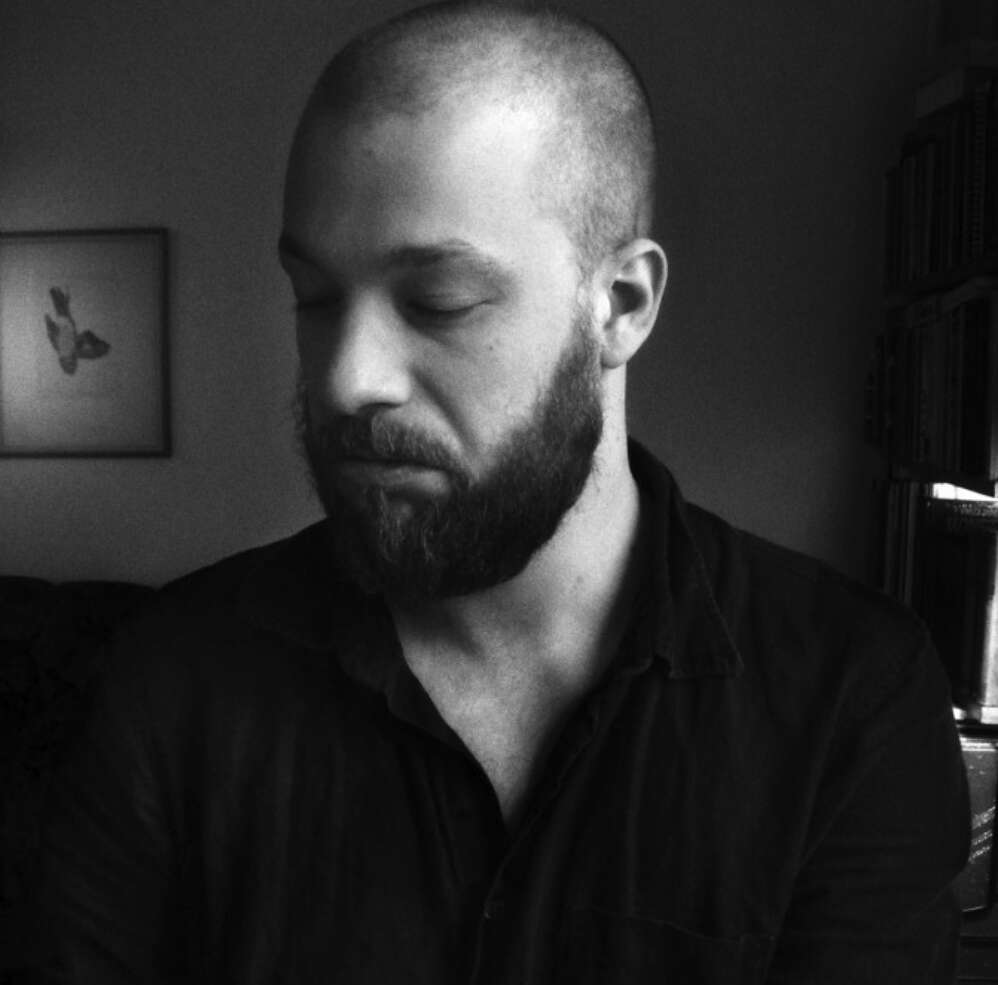WRITTEN BY: Annika Pham
Plattform Produktion’s film is running for the DOX:Award at this week’s CPH:DOX festival in Copenhagen. We spoke to the director.

Plattform Produktion’s film is running for the DOX:Award at this week’s CPH:DOX festival in Copenhagen. We spoke to the director.
A Stranger (Fraemling) is Mikel Cee Karlsson’s third feature length documentary after Greetings from the Woods (2009) and The Extraordinary Ordinary Life of José González (2010).
The film tells of Karlsson’s attempt to unmask the life and death of his best friend, Mathias, a young father who suddenly descends into a secret dual life in order to handle a difficult situation. The director and his friend start documenting key events to tell Mathias’ story, a project Karlsson is eventually left to finish alone when his friend abruptly passes away.
The film was produced by Erik Hemmendorff, in co-production with Finland’s Bufo and Film i Väst, support from the Swedish Film Institute and Nordisk Film & TV Fond.
A Stranger is a personal film about your childhood friend and his personal tragedy. It’s also a thriller, a family drama, certainly an emotional visual experience for all involved, including the audience. What were your priorities when telling Mathias’s story?
Mikel Cee Karlsson: When I set out to do this film with my best friend, the aim was to create a form of counter image to most of the films that deal with similar topics (violence, crime etc). I wanted to focus on the personal aspects of what he went through, his psychological state of mind, the aspects that you never - or at least very rarely - get to experience. But there are of course many things excluded from the film, things that felt too personal, or details that might be dangerous, or too sensitive to reveal. That was always a priority, to try to find the right balance between not revealing certain information, and still being able to tell his story in the best way possible.
How far were you in the process of filming the story of Mathias’s downward spiral when he died and how soon after he passed away did you decide to continue the film?
MCK: We were in the midst of making the film when he passed away. I was completely devastated, in some kind of shock. I didn’t really think about the film until about six months later, when I decided to try to interview some people close to him. In that process, I was reminded of how hard it is to talk about things like this, which also reminded me of the original reason why Mathias and I started making the film. We wanted to try to break the culture of silence that often surrounds stories like this. The desire to continue with the project grew from there.
Mathias had kept his dark dual life secret to everyone to protect them once he got connected to organised crime. But his story could almost be anyone’s story - a lovable, fun father, partner, friend who due to one bad judgment and financial problems, gradually loses control. Do you agree?
MCK: Yes, I agree. Even though I think that some of the choices that my best friend made are his alone, he made decisions based on his specific skill set, and who he was as a person. But I also think that many people have a hard time to really relate to the situation he was in; they think that you just go to the police if something bad happens. To me, that is based on a rather naive idea of how our society actually works and the resources at your disposal.
How was the process of reconstructing the scenes, finding an actor to play Mathias?
MCK: We filmed all encounters with actors, them watching parts of the film, their reactions etc. At first it felt almost impossible to find someone to replace Mathias. But then I found Ulf Stenberg, the actor who plays him. In many ways, he understood Mathias’ situation and had the right mindset for the part.
Can you detail your visual style, the framing and the efforts that must have gone into creating a unified style throughout the film?
MCK: I started as a photographer and shot a lot of music videos, so I guess I have developed a specific visual style. But to me it’s more about what I want to depict rather than focusing on aesthetics.
Do you feel Mathias is still ‘a stranger’, like in the title of your film?
MCK: Some of Mathias’ actions felt strange, how he handled certain things, but he actually never really felt like a stranger to me. He was even with me when I proposed the title, which is meant to describe his state of mind during certain events. He felt disconnected to himself, like a stranger to himself.
How and when will the film be released in Sweden?
MCK: Film Centrum has distribution rights in Sweden. They work well with schools, with outreach campaigns. It will be released in October.
What’s next for you?
MCK: I will edit together with Ruben Östlund his next film Triangle of Sadness that starts shooting in July. After this heavy project I look forward to doing something less personal. After that, I will direct a new project revolving around the idea of life after death.